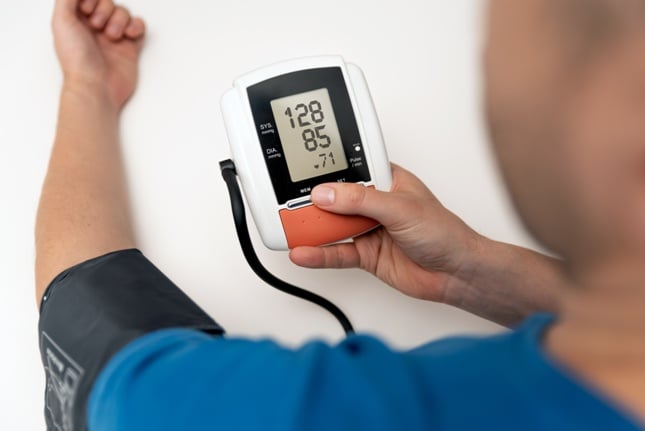
Hypertension, or HTN, is a diagnosis for persistent high blood pressure. You may have received a diagnosis of hypertension (HTN) from your physician based on the numbers of your systolic and diastolic blood pressure readings. If there is no identifiable cause to explain the persistently higher than normal blood pressure, you will be given the diagnosis of essential HTN.
Risks of High Blood PressureThe adverse effects of high blood pressure are well known. HTN can cause many complications and puts one at increased risk for stroke, heart disease, heart attack and kidney damage. Therefore, a variety of medications are designed to control the blood pressure. This approach has reduced the motility and mobility of certain serious complications of HTN. More public awareness is needed concerning the effectiveness of HTN treatment. Protection of the vital organ function is just as important, if not more so, than the blood pressure reading alone.
Underlying Issues of Hypertension
It is not uncommon to hear patients complain of low energy, headaches, weight gain, and even forgetfulness while they are on HTN medications. Why is this? This calls for further examination into the pathophysiology of high blood pressure. We all know that acute stress will automatically increase the blood pressure in order to prepare and maintain the body function to meet the requirements. Likewise, if the vital organs in our body, e.g. brain or kidneys, are chronically deprived of oxygen and other nutrients due to inadequate blood supply, higher blood pressure becomes the signal of crying for help. In this scenario, lowering the blood pressure alone before improving the circulation in vital organs could be detrimental to the general health of the patient.
To illustrate this concept, our cardiovascular system is somewhat similar to a water pump and supply network. When some control centers at the distant locations are not receiving their water supply needs, increasing the pumping pressure is one of the solutions. But, what if part of the pipe is rusting and causing partial blockage? Or, what if there is too much mud in the water? "Rusting pipe and muddy water" are actually very commonly seen clinical scenarios in patients with high blood pressure. Atherosclerosis (narrowing of the arteries due to plaque) or arteriosclerosis (hardening of the arteries) commonly seen with aging is in analogy with the "rusting pipe". Hyperlipidemia or other chronic buildup of toxins in the blood stream are liken to the "mud in the water".
Comprehensive Holistic Treatment of Hypertension
Therefore, a comprehensive HTN treatment should not only focus on keeping the blood pressure numbers in the optimal range, but also very importantly on the improvements of blood circulation, especially the macro- and micro- circulations in the vital organs. Most commonly afflicted organs are the brain and kidneys. This encompasses (1) A healthy vascular system, including vascular wall, permeability, endothelial cell lining and adequate vascular tone; and (2) Improved blood fluidity through good hydration, mineral metabolism, optimal plasma lipid and protein profile, and detoxification of the body as needed.
Diet, lifestyle changes and guided herbal supplementation could play a major role in HTN prevention and optimize the treatment outcome of HTN.
Identifying the root causes of high blood pressure and setting the treatment priorities are essential for avoiding the fatal complications and improving the quality as well as the longevity of life.
.png?width=305&height=132&name=NIHAlogoBLUE_3_transparent%20(2).png)

